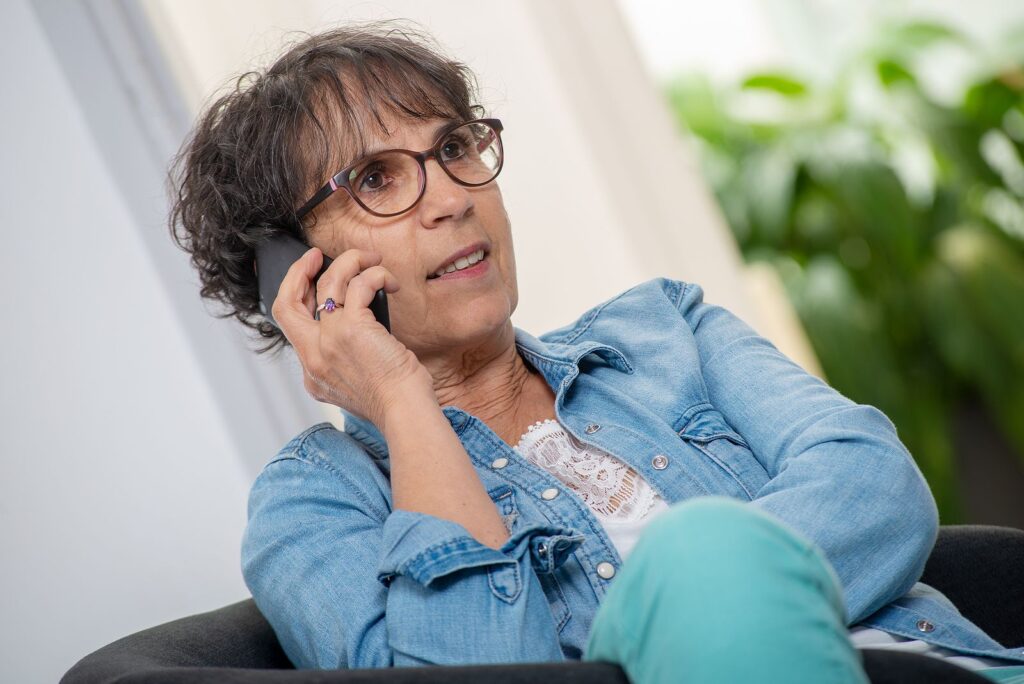
Long Distance Caregiving Tips
If it hasn’t happened yet, most of us will assume the role of primary caregiver for someone at some point in our lives. But, what happens if the person we are responsible for lives a significant distance away?
Long-distance caregiving presents unique challenges and can seem daunting, but it can be managed. It mostly comes down to staying as involved as possible, doing the best you can, and letting go of the guilt you may feel about not being physically by the person’s side.
Here are some pointers from folks who have experience as long distance caregivers. We hope you find them useful.
A few helpful suggestions...
- Have access to electronic records. Most doctors and hospitals are connected to a system that’s used via the Internet to share test results, diagnoses, and treatment progress with each other as well as with patients. Make sure you have permission to sign in to the system for information about your loved one.
- Stay organized. Keep an ongoing record of your loved ones’ situation, including information about medical care, doctors and other clinicians, financial matters, daily life, challenges, etc. Make sure to have all phone numbers, account numbers, passwords (keep secure), and anything else you may need. Store all information in one convenient place, either in a notebook or computer folder. Make sure to update your records.
- Don’t go it alone. Reach out to family, friends, and neighbors, especially those who live closer to your loved one than you do. They will be able get there faster when a need arises. Don’t hesitate to ask for help. You may be surprised by the people who will step up to lend a hand. Your loved one’s neighbors may be willing to stop in on a regular basis to check in on your loved one and let you know how things are going. Family members may be willing to take turns when your loved one’s care requires that someone be present.
- Research and learn. Understanding what your loved one is going through will make it easier to provide the care he or she needs. Research your loved ones diagnoses, treatment plans, and likely expectations. The more you know, the better you‘ll be able to support your loved one, manage his or her care, help prevent crises, and deal with problems as they come up. Your knowledge will also make it easier to talk with your loved one’s health care providers.
- Stay in touch. Even if you live far away from your loved one, today’s technologies and social media platforms make it easy to be part of your loved one’s daily life. Set specific times to talk via phone or video chats. In between those talks, text, email, and connect through social media. Share photos or quotations that will make the person smile or laugh.
- Visit as often as you can. Try to make visits that aren’t related to medical issues. Even if you’re there to meet with a doctor or because of a procedure your loved one may need, try to spend some time with your loved one that’s unrelated to health or caregiving. Talk and laugh with your loved one. Play cards or a board game. Listen to an audiobook together. Binge watch an old favorite TV show you both enjoy. If your loved one is mobile, take a scenic drive, go to a movie, visit the library, eat at a restaurant, etc.
- Remember the scout motto “always be prepared.” Things are bound to come up that you don’t expect, including emergency situations. Prepare yourself mentally for such issues because they can be very draining emotionally and physically. Also prepare yourself financially, because you may have to make unexpected trips to be with your loved one. If possible, set aside some “just in case” money so you won’t be struggling when the time comes.


Age Adds Flavor
We are not old, we are seasoned!
Don’t forget to visit us on FACEBOOK!
